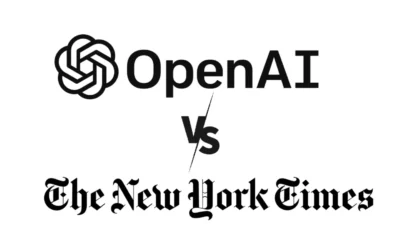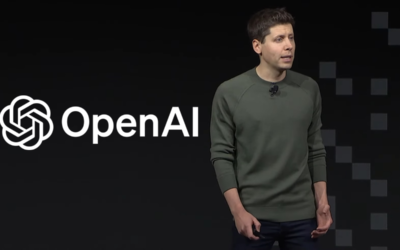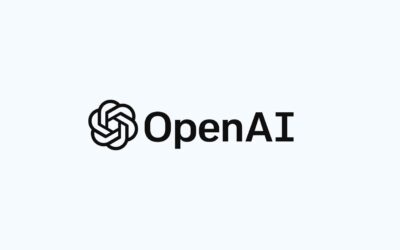Apple Reportedly Exits OpenAI Investment Talks Amid $6.5 Billion Funding Round – What You Need to Know

In a surprising turn of events, Apple has reportedly stepped back from investment discussions with OpenAI, even as the latter pushes forward with a massive $6.5 billion funding round. This development has raised several questions about Apple’s strategy in the generative AI space and how it plans to compete with tech giants like Google and Microsoft. Here’s what you need to know about this shift.
The Context Behind the Investment Talks
OpenAI, the company behind the widely popular ChatGPT, has been aggressively pursuing new funding to scale its AI capabilities. Their recent funding round aims to bring in a staggering $6.5 billion, underscoring the rapid growth and heightened interest in AI technology. Initially, Apple was reportedly engaged in discussions with OpenAI to participate in this round.
Given the competitive landscape of AI development, Apple’s interest in OpenAI would have aligned with its recent pushes in AI innovations, particularly in Siri and its other voice-based services. Many expected Apple to leverage OpenAI’s advanced models, potentially integrating them into their products to create a more seamless AI experience.
Why Did Apple Exit?
The reasons behind Apple’s decision to back out of these investment talks remain unclear. However, industry analysts speculate that Apple may be focusing more on its in-house AI developments, choosing to innovate independently rather than partner with OpenAI.
Apple’s strategy has often been to take a proprietary approach, controlling as much of its hardware and software ecosystems as possible. With AI becoming a significant battleground in the tech industry, Apple might see more value in developing its AI models from scratch rather than relying on OpenAI’s technology.
There are also suggestions that concerns over data privacy and security, two areas where Apple is highly vigilant, could have played a role in its withdrawal. OpenAI’s reliance on vast datasets for training models might not align perfectly with Apple’s stringent privacy policies.
Apple’s Focus on AI Innovation
Despite pulling out from the OpenAI talks, Apple has not been absent from the AI race. The company has been making significant moves to bolster its AI capabilities. Reports indicate that Apple is investing around $1 billion annually into AI research, focusing on integrating AI into its ecosystem—whether through iPhone functionalities, improving Siri, or advancing its AI-driven health features.
Moreover, Apple has been ramping up its AI talent pool, acquiring multiple AI startups over the past few years and ramping up R&D in the space. This suggests that while Apple may not be working with OpenAI, it’s certainly not backing down from the AI arms race.
What This Means for the AI Landscape
Apple’s exit from the OpenAI talks could have broader implications for the AI industry. As other tech giants like Microsoft and Google invest heavily in generative AI, Apple’s approach appears to be more cautious and proprietary. This divergence in strategies could lead to different types of AI solutions emerging, each with its own strengths and weaknesses.
OpenAI, meanwhile, is likely to continue attracting massive interest from investors, given the success of ChatGPT and its other AI models. The $6.5 billion funding round is expected to boost its research and development, pushing the boundaries of what generative AI can achieve.
For Apple, the decision to develop its AI solutions internally could position it as a unique player in the AI space—focusing on AI that is closely integrated with its ecosystem, privacy-focused, and differentiated from the broader, more open AI models like OpenAI’s.
Conclusion
Apple’s decision to withdraw from investment talks with OpenAI highlights the varied strategies tech companies are adopting in the rapidly evolving AI landscape. While OpenAI continues to lead the charge in generative AI, Apple’s focus on building in-house AI technologies reflects its long-standing preference for control and innovation within its own ecosystem. As both companies move forward, the AI race is bound to heat up, promising exciting developments in the years ahead.






